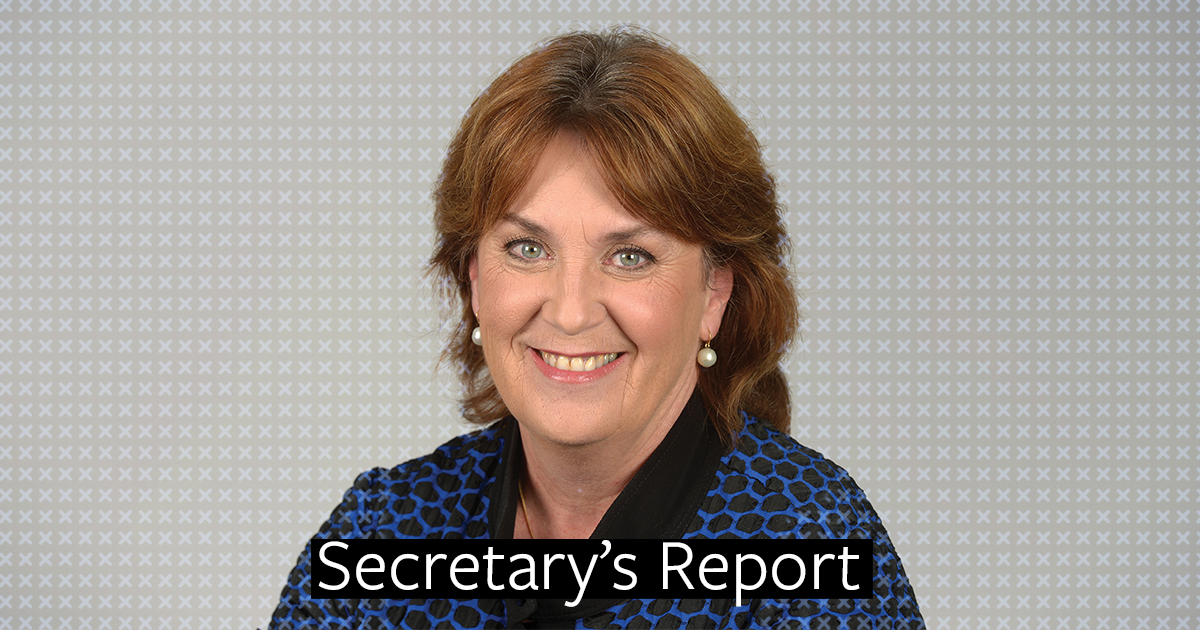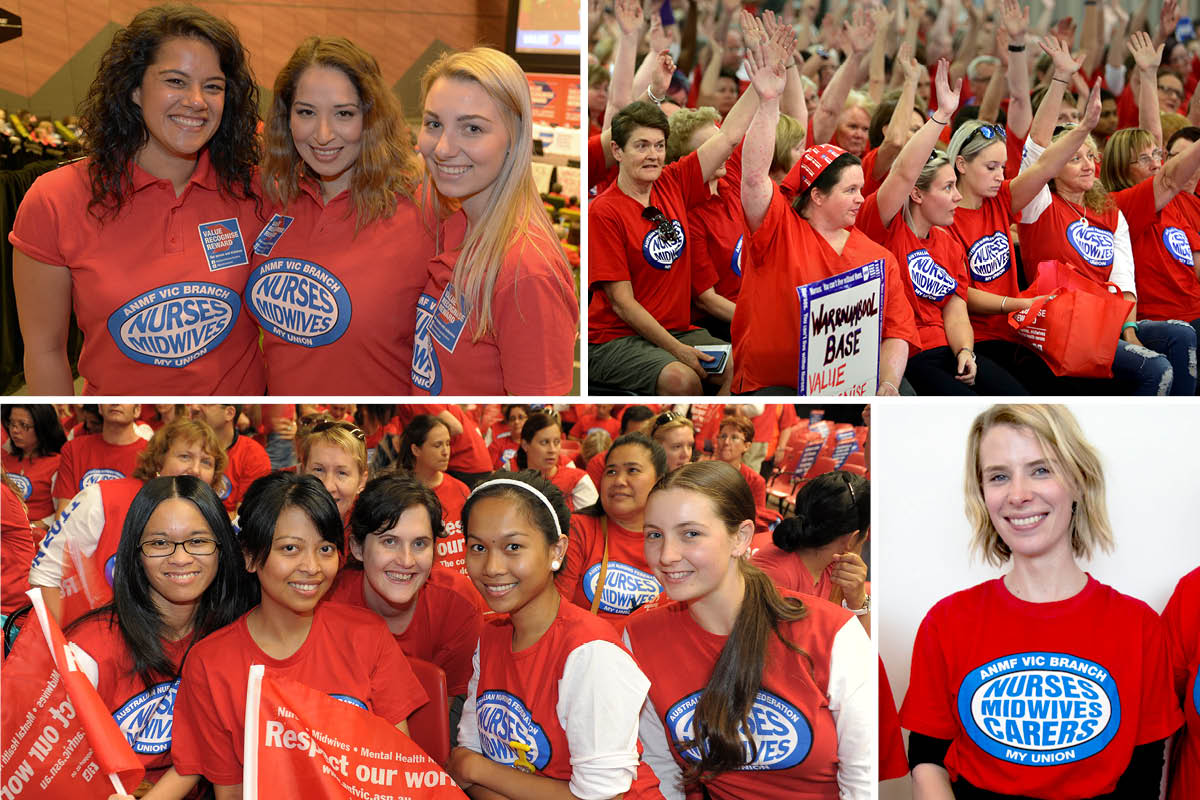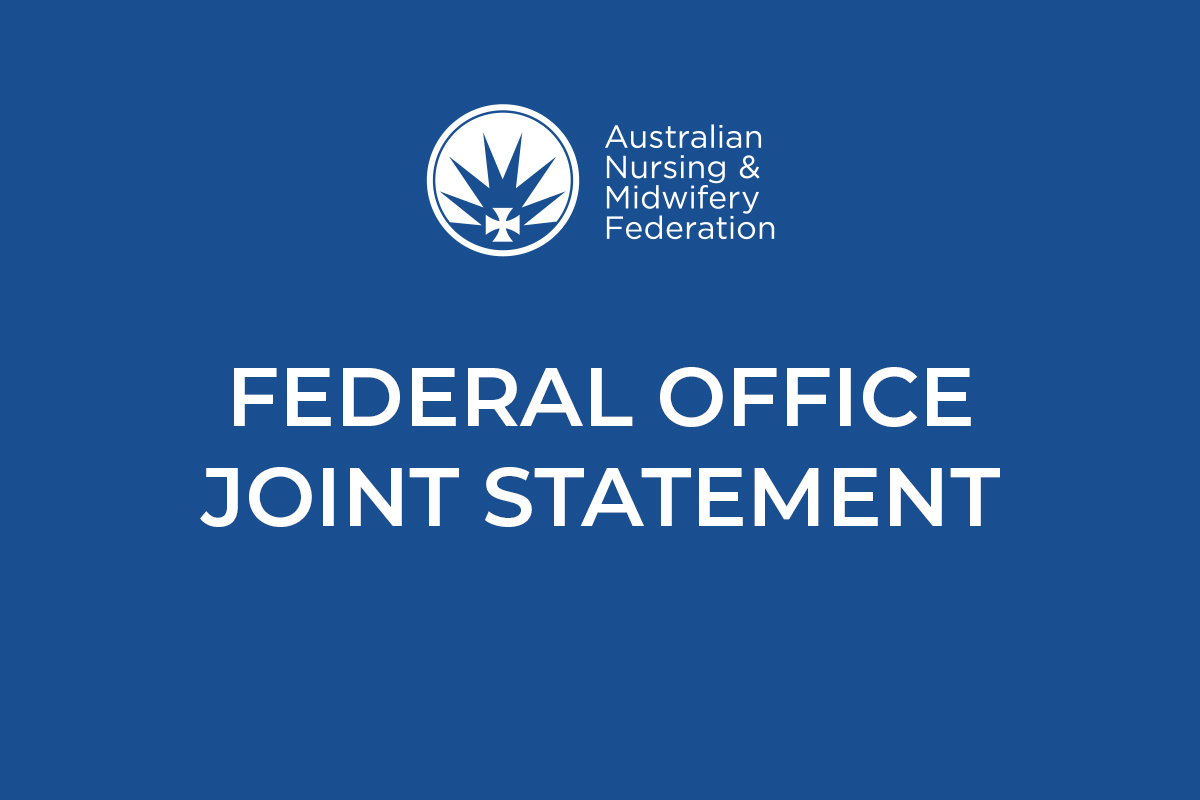
The consequences of understaffing in private-for-profit and not-for-profit nursing homes will again be in the spotlight this month.
The aged care royal commission’s hearings in Sydney starting on 6 May will look at the care of people living with dementia in nursing homes.
Understaffing in the private and not for profit sector has had a devastating impact on residents.
It’s also having a traumatic impact on the nurses and carers who care for them.
It’s distressing when you cannot provide the care that residents need.
As one member wrote in our aged care survey earlier this year – ‘Residents in our dementia unit are very often left in soaking pads, beds and clothing as they need 2x staff to assist but there is only one rostered staff member in our unit at any time’.
The nurses and carers who have chosen to remain working in these nursing homes deserve our respect and support.
They have raised their critical issues about resident neglect repeatedly with their management, their local MPs, the federal government’s complaints system and the media. So has the ANMF.
Where the law allowed, they have taken industrial action. The courageous Bupa nurses and carers were the first in Victoria and perhaps Australia to take strike action.
The federal Aged Care Act 1997 has remained unchanged in relation to nursing care requirements since it was introduced by the Howard government.
There is one line about staffing in nursing homes on page 252 of the legislation. It says the provider has the responsibility ‘to maintain an adequate number of appropriately skilled staff to ensure that the care needs of care recipients are met’. Adequate and appropriately skilled are undefined and unenforceable.
In 22 years of operating under the Act, the sector has changed dramatically. There are big profits to be made. No wonder it resists calls to spend government subsidies on more nurses and carers.
In the lead up to the election ANMF asked politicians to support aged care ratio law. Aged Care Minister Ken Wyatt responded describing the relationship between staffing and care quality as ‘complex’. He also said it was the providers’ responsibility to use government subsidies to ensure they have the staff to provide ‘high quality care’.
This will be cold comfort for the one personal care worker in the dementia unit who cannot keep her residents clean and dry.
The aged care royal commission must shine a light on these failings. It is a shame it is needed.
I urge all nurses and midwives, no matter where you work, to support your private-for-profit and not-for-profit colleagues’ campaign for ratios. Thank you to those members who marched on April 10 in support of aged care ratios at the Change the Rules rally.
Show your respect for the important work they are doing under extremely difficult circumstances.
Ask your candidates where they stand on aged care ratio law and if elected will they vote in Parliament to secure ratios.
This election vote for the Victorian candidates who will protect our elderly.
To find out who they are visit MoreStaffForAgedCare.com.au




